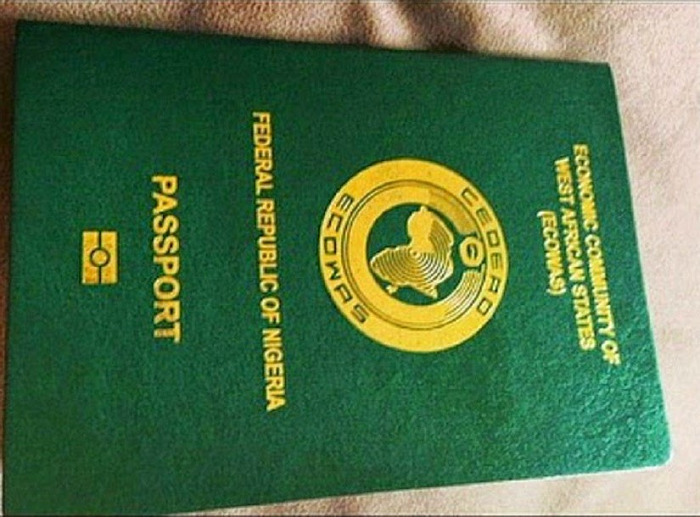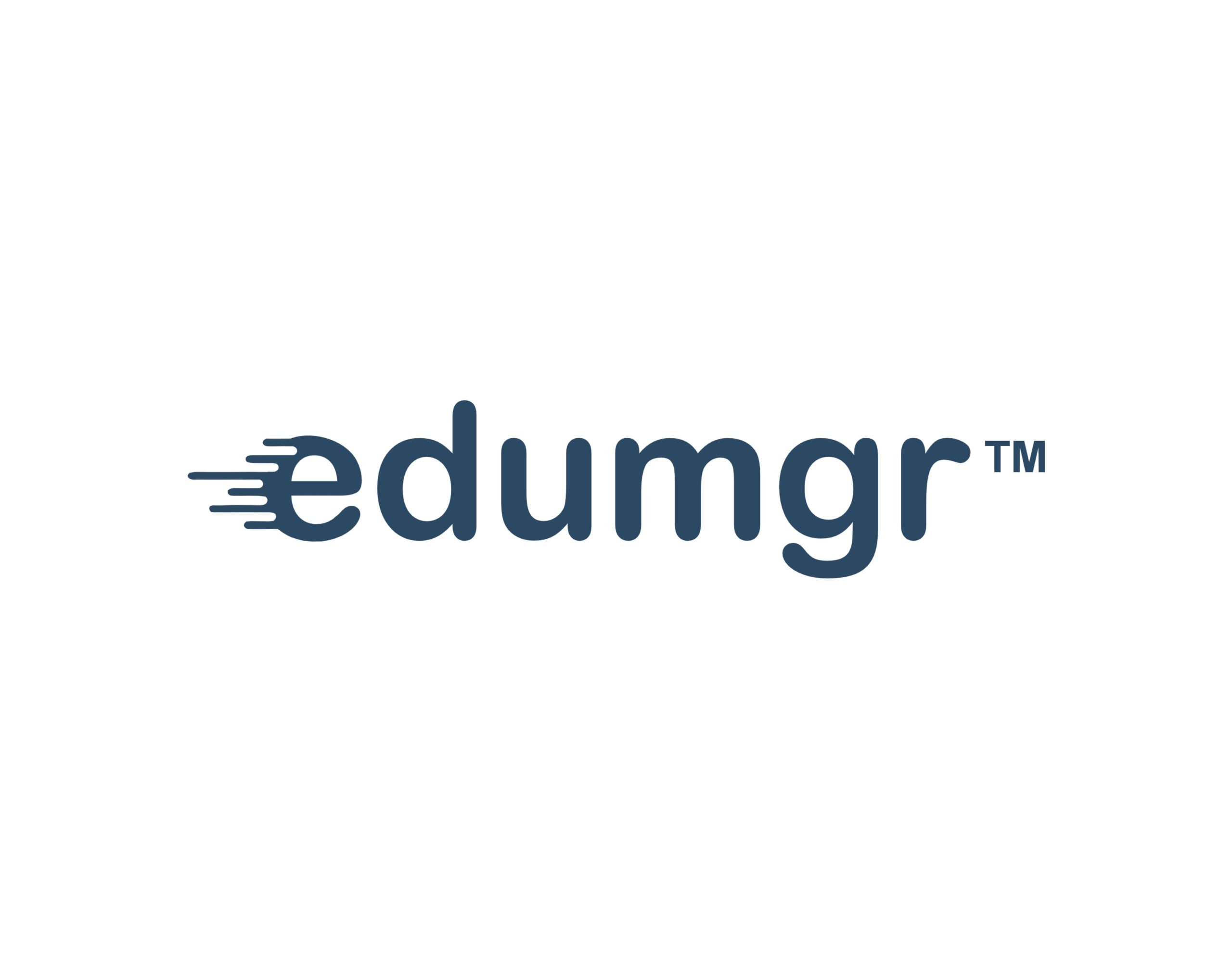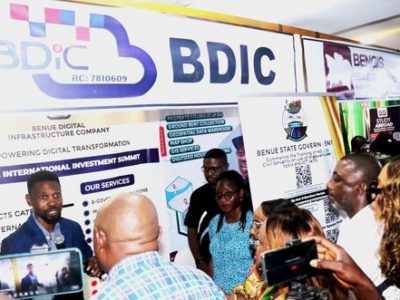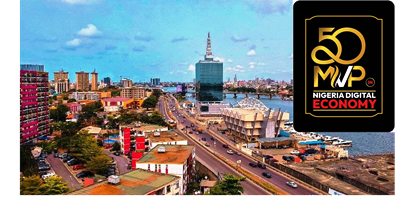Beginning this week, applicants for the Nigerian international passports will only be issued such passports if they have their National Identification Number (NIN).
All new passports would be linked and synchronised with individuals’ NIN.
The NIN is designed for citizens’ registration as part of government’s national strategy to build database on all citizens for enhanced economic planning. It consists of 11 non- intelligible numbers randomly chosen and assigned to an individual at the completion of enrolment into the National Identity Database (NIDB) managed by the National Identification Management Commission (NIMC).
By law, under the NIMC Act No 23 of 2007, all citizens and residents must have the NIN to conduct ID based transactions.
The NIMC had announced last year that it would by first quarter of 2019 begin the enforcement of the law that makes it mandatory to have the NIN to conduct transactions that are bank-based, online (ecommerce-based) and even acquisition of international passports among others.
With the new directive by the immigration authorities on acquisition of international passport, it would mean that government has effectively began the implementation of its data harmonization policy.
Last year, the government had set up an Inter-Ministerial Committee to oversee the process of harmonizing data collection and evaluation to end data duplicity, and multiple data capturing exercises across federal Ministries, Departments and Agencies (MDAs)
Agencies who have their own separate biometric data gathering are Central Bank of Nigeria (CBN), the Federal Road Safety Commission (FRSC), National Identity Management Commission (NIMC) and the Federal Inland Revenue Service (FIRS).
Others are National Pension Commission (NPC) , the Independent National Electoral Commission (INEC) , the National Health Insurance Scheme (NHIS) , the National Population Commission (NPC), telecom service providers and the Federal Ministry of Agriculture and Rural Development, among others.
One identity for every individual
“Nigeria is headed for one identity for every individual; so, everyone’s identity has to be the same, from the bank to the NIN. It will be significant for our national security and development,” said Comptroller General of the Nigeria Immigration Service (NIS), Muhammad Babandede.
“Based on the president’s directive, we have committed to linking up with the National Identity Management Commission to ensure that henceforth, when filling your passport details, you must produce your NIN number …. If we had done this a long time ago, it would have been easy for us to do a whole lot of other things as a nation. So now, it will be no NIN, no passport,” added Babandede to affirm the ongoing government’s data harmonization processes among all MDAs.
Nigeria is joining the league the USA, Canada, South Africa, United Arab Emirates, EU countries and several others an harmonised database to impact successfully on citizens engagements, crime detection and prevention as well as economic development.
With the completion of the harmonization process, all citizens’ data will be harmonised so that the bank verification number (BVN), immigration details, prison records, police data, and others from all MDAs will sit as one single accessible data on an individual.
To make the streamlining efforts successful at the NIS, Babandede said immigration authorities are working closely with the NIMC to ensure that all eligible citizens can have their NIN.
His words: “We have also provided office space for NIMC in all our establishments nationwide. We are glad to also invite NIMC to all our foreign missions.”


































